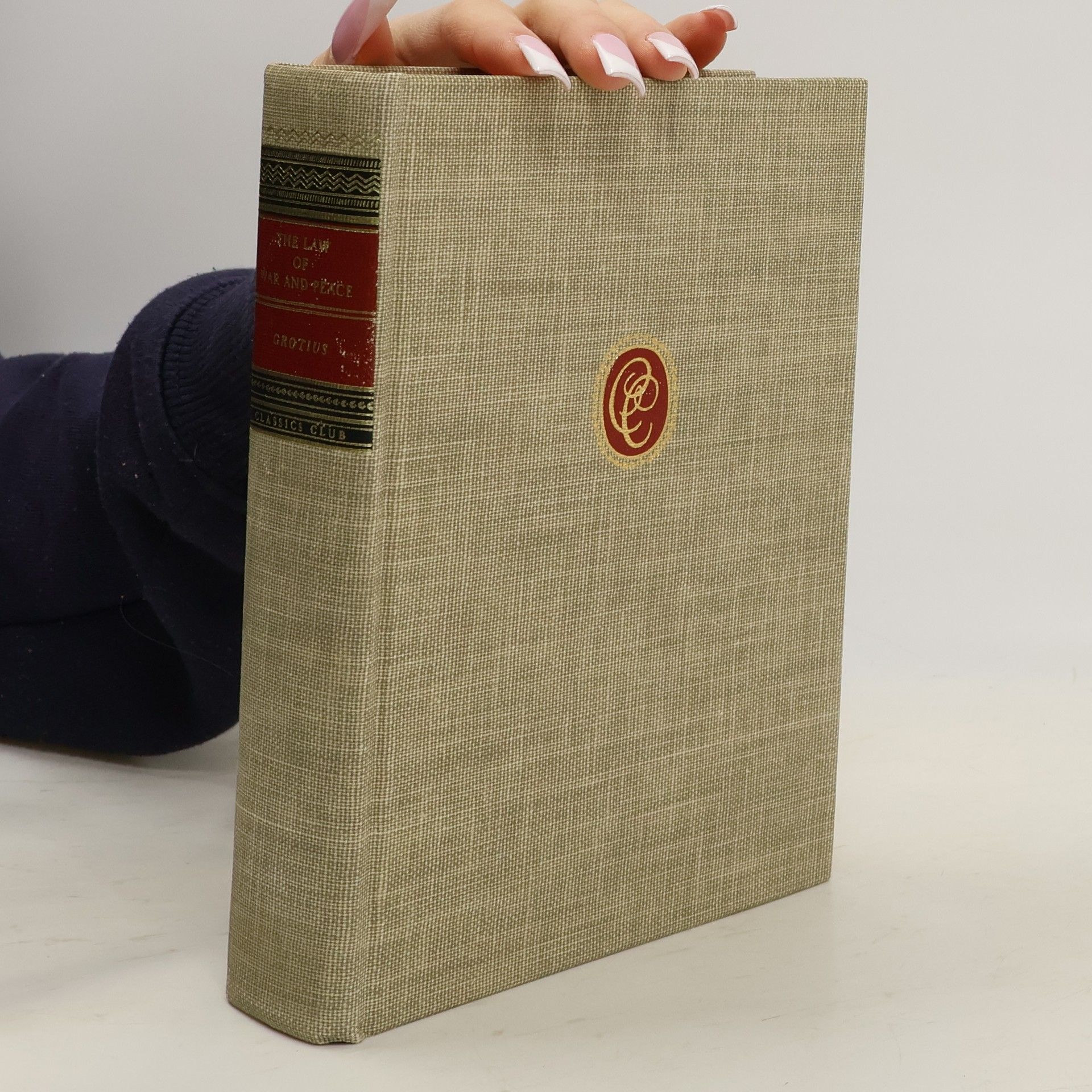Moře jsou svobodná
- 110 pages
- 4 hours of reading
Hugo Grotius (1583–1645) sepsal spisek jako advokát nizozemských zájmů v mezinárodních diplomatických jednáních, jejichž cílem bylo argumentačně oslabit španělskou pozici a postavit se arogantnímu prosazování monopolu na plavbu i obchod ze strany Portugalska v oblasti tzv. Východních Indií. Z Grotiovy argumentace vyplývá přirozené právo všech národů na svobodnou plavbu a obchod na svobodných mořích, tedy na sdílení věcí daných Bohem i přírodou k užívání všem lidem. Text vychází v překladu a s komentářem Václava Marka.


